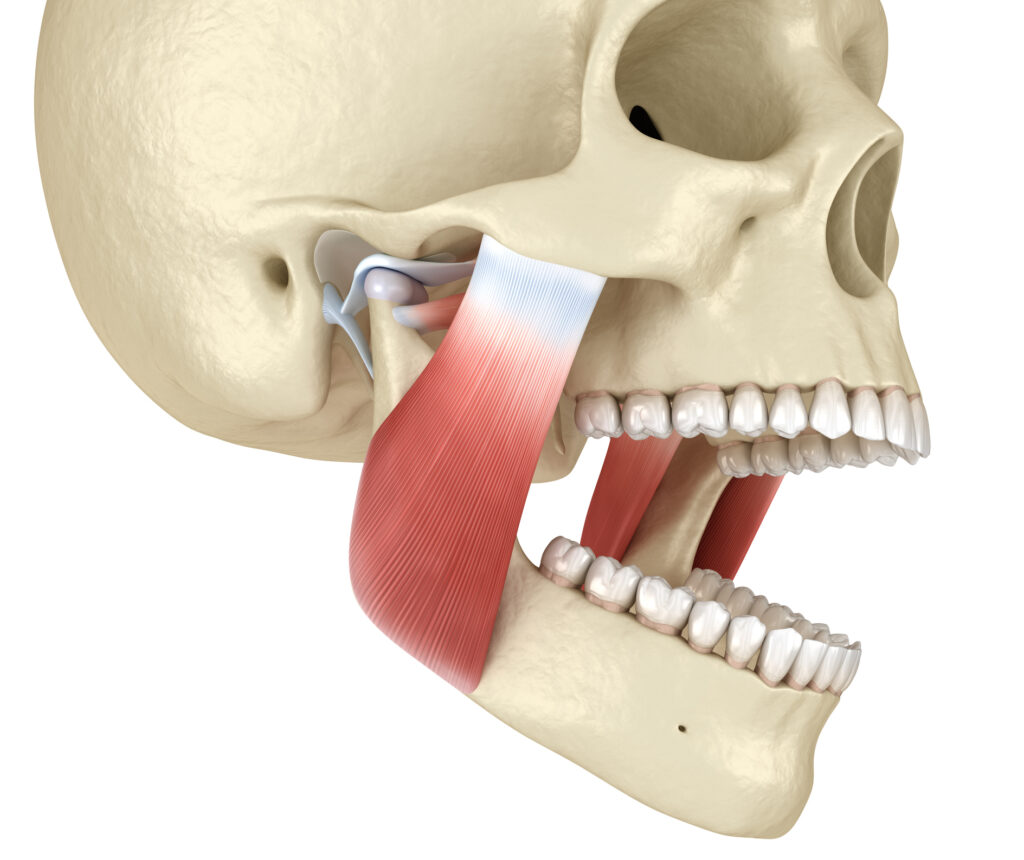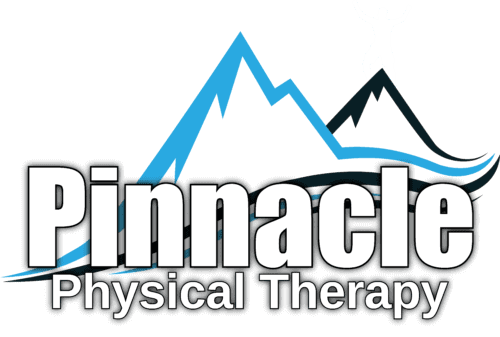The Role of Physical Therapy in Managing TMJ Disorders

Temporomandibular joint (TMJ) disorders can significantly impact your daily life, causing pain, discomfort, and limited jaw movement. At Pinnacle Physical Therapy, we believe in a comprehensive, patient-centered approach to managing TMJ disorders. Physical therapy is crucial in this treatment, offering effective, non-invasive solutions to alleviate symptoms and improve jaw function. In this post, we’ll explore how physical therapy can help manage TMJ disorders and share success stories from our patients.
Understanding TMJ Disorders
TMJ disorders, or TMD, affect the temporomandibular joint, which connects your jawbone to your skull. This joint allows for the movement necessary for chewing, speaking, and other facial functions. When the TMJ is not functioning correctly, it can lead to a variety of symptoms, including:
- Jaw pain or tenderness
- Difficulty chewing or biting
- Locking of the jaw
- Clicking or popping sounds in the jaw
- Ear pain or tinnitus
- Headaches or migraines
How Physical Therapy Helps
Physical therapy for TMJ disorders focuses on relieving pain, reducing inflammation, and improving the function of the jaw joint and associated muscles. Here’s how physical therapy can make a difference:
1. Pain Relief and Inflammation Reduction
Physical therapists use various techniques to alleviate pain and reduce inflammation in the TMJ. These techniques include:
Manual Therapy
Hands-on techniques to mobilize the joint and soft tissues, helping to reduce pain and improve movement.
Ultrasound Therapy
Using sound waves to reduce inflammation and promote healing in the affected area.
Heat and Cold Therapy
Applying heat or cold to the jaw to manage pain and swelling.
2. Improving Jaw Function
Exercises are a cornerstone of physical therapy for TMJ disorders. Therapists design customized exercise programs to:
- Strengthen the jaw muscles
- Improve the range of motion
- Enhance coordination and flexibility
These exercises help restore normal function and prevent further strain on the TMJ.
3. Addressing Underlying Causes
Physical therapists also work to identify and address underlying causes of TMJ disorders, such as poor posture, muscle imbalances, or habits like teeth grinding. By addressing these issues, therapists can help prevent the recurrence of symptoms.
4. Stress Management
Since stress is a significant factor in many TMJ disorders, physical therapists incorporate relaxation techniques and stress management strategies into treatment plans. These may include:
- Breathing exercises
- Meditation and mindfulness
- Progressive muscle relaxation
Why Choose Pinnacle Physical Therapy?
At Pinnacle Physical Therapy, we take pride in our patient-centered approach to treating TMJ disorders. Our experienced therapists use evidence-based techniques and tailor treatment plans to each individual’s needs. We are committed to helping our patients live painlessly and improve jaw function.
Physical therapy is vital in managing TMJ disorders, offering effective, non-invasive solutions to alleviate pain and improve jaw function. If you’re experiencing symptoms of TMJ disorders, don’t hesitate to reach out to Pinnacle Physical Therapy. Our dedicated team is here to help you on your journey to better health.
Contact Us
For more information or to schedule an appointment, visit our website or call our office. Let Pinnacle Physical Therapy help you achieve a pain-free and active life!


